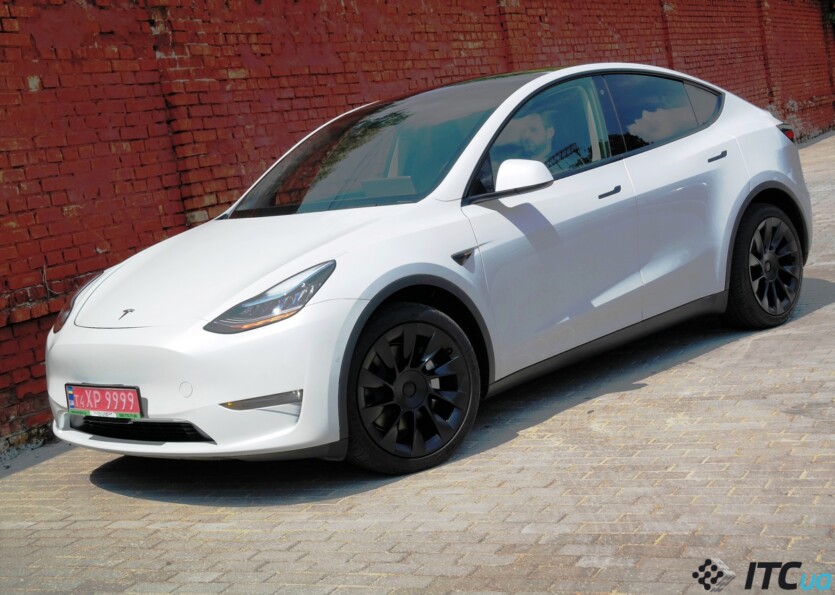
While the adoption of electric vehicles is growing, concerns about battery life and «range anxiety» still plague many potential buyers. A new study published in Nature Energy offers promising results suggesting that electric vehicle batteries may actually last significantly longer than previously estimated from accelerated laboratory tests by manufacturers.
Traditional testing involves rapid charging and discharging cycles to estimate battery life. Unfortunately, this approach does not accurately reflect how we use electric vehicle batteries in real-world scenarios. The Nature Energy study took a different approach. The researchers studied 92 commercial lithium-ion batteries for two years, using four different discharge profiles to simulate different driving scenarios.
The study showed that the expected lifespan of electric vehicle batteries is largely dependent on «time-induced aging», i.e. the natural deterioration of the battery over time, and not just the number of charge-discharge cycles. This means that factors such as frequent acceleration and braking, short trips with rest periods, and even long periods of vehicle idling can actually contribute to longer battery life.
«To our surprise, real-world driving with frequent acceleration, braking that drains the batteries a bit, stopping to run to the store, and resting the batteries for long periods of time helps them last longer than we expected based on standard laboratory tests,» said Simone Honori, senior author of the study and an associate professor at Stanford’s Doerr School of Sustainability.
The results of the study refute the assumption that constant charge-discharge cycles were the main culprits of short battery life. While this is true for commercial vehicles in continuous operation, it is not entirely true for consumer EVs, which have more varied usage patterns.
The results of the study have significant implications for the electric vehicle industry. Automakers will be able to optimize battery management software and extend battery life. Given that batteries make up a significant portion of the total cost of an electric vehicle, keeping them running for a long time is especially important.
Speaking of batteries, the good news continues. Prices for batteries for electric vehicles are steadily declining, with a 20% drop in 2024 alone. Rapid production growth and cheaper materials have brought the average price of a battery pack down to €104 per kWh. Experts predict that prices will fall below €90 per kWh by 2026 and even reach €62 per kWh by 2030.
Source: arenaev

Spelling error report
The following text will be sent to our editors: